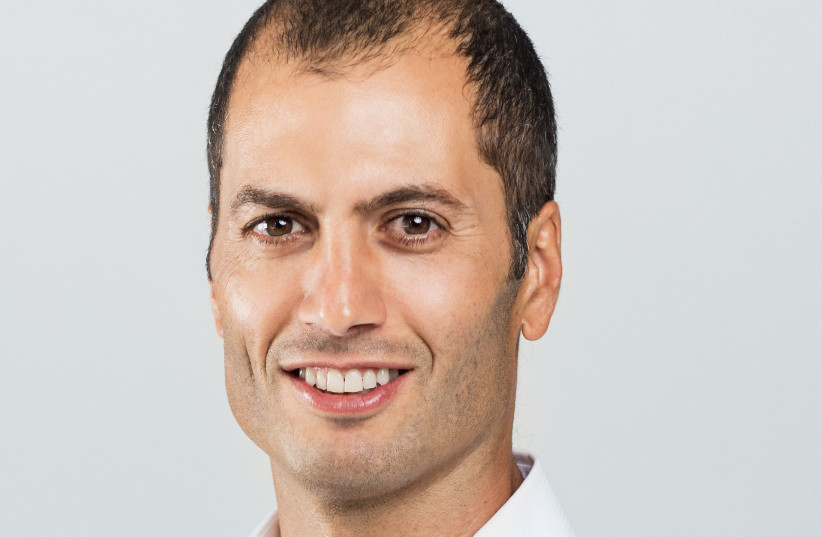Israeli start-up Electreon is set to install an electric stretch of road that will charge passing electric vehicles in France, following its victory in a public tender. Together with European toll road operator VINCI, Electreon’s Wireless Electric Road System (ERS) will be built into a section of the A10 highway, South West of Paris.
Electreon will install a two-kilometer dynamic wireless charging road and a stationary wireless charging station, which will both support all vehicle types and classes. The company’s technology can charge electric vehicles while they are moving or stopped, which can help to eliminate range anxiety and reduce the total cost of EV ownership.
“We are honored that Electreon has been selected as the on-the-go wireless charging technology for France’s first ERS deployment,” said Oren Ezer, CEO and co-founder of Electreon. “France’s net-zero transport plan to reach nearly 9,000 km by 2035 is yet another example of the widespread global adoption of wireless charging and we are looking forward to unveiling our next-generation product with significantly increased power transfer capacity in this project.”
The initial phase of the project will focus on charging commercial electric fleets while they drive. However, the ultimate goal is to deploy ERS across all major French roadways to decarbonize passenger and freight transport, the heavy-trucking industry, and to support all types of electric vehicles to be able to charge seamlessly while driving on an open highway in France.
The numbers all point to ERS

Electreon and its consortium partners were chosen as winners of the tender after France's Transportation Ministry published a 2021 study on the most efficient and sustainable large-scale technologies and strategies to achieve net-zero transport emissions.
The study concluded that ERS could reduce CO2 emissions from road freight transport by 86% compared to diesel if deployed at large scales. Without ERS, electric heavy duty trucks would have to be equipped with extremely large batteries and stop to charge at high-power charging stations. The study also proposes a plan to deploy Electric Road Systems over nearly 5,000 km by 2030, and nearly 9,000 km by 2035, highlighting the critical importance of the technology as a significant piece of the puzzle to achieve net zero road emissions, focusing on freight and heavy-trucking industries.
“Wireless Electric Road Systems are particularly promising in terms of economic and industrial impacts,” explained Louis Du Pasquier, Director in Charge of Decarbonation at VINCI Autoroutes.
“[The technology] can decarbonize road transport through dynamic charging of electric vehicles while reducing Europe's dependence on raw materials needed to manufacture batteries (such as lithium, nickel, and cobalt) and create jobs and industrial activities in France, where these systems' components can be manufactured,” he added.
Electreon’s dynamic wireless charging technology has entered its fully-commercial and industrial phase and is the subject of numerous demonstrations, deployments and commercial projects worldwide; most notably in Israel, Germany, the United States, Italy, Sweden, and Norway.
